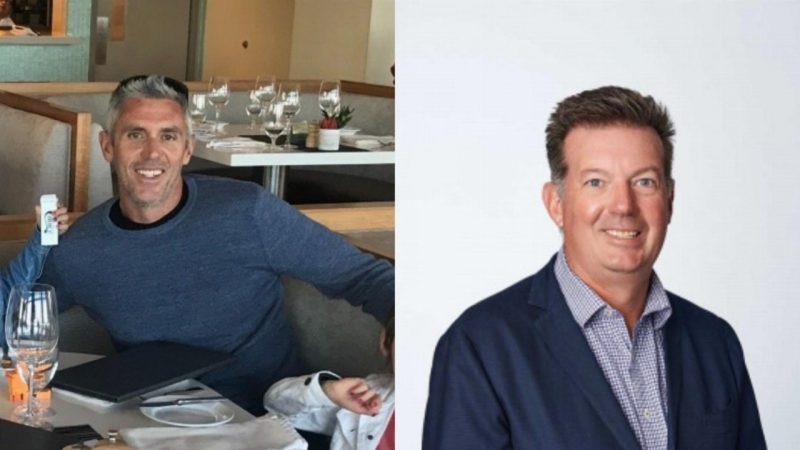A handwriting expert was in the witness box this morning for day three of the Supreme Court trial where Tim Kestell is claiming damages from resources heavyweight Grant Davey, alleging Mr Davey broke a gentleman’s agreement around Mr Kestell’s stake in benefits from a uranium mine acquisition deal.
A forensic document examiner for 22 years, Justin Watts examined four documents allegedly written by Mr Davey dated as four separate occasions between February 2019 and January 2020.
The documents are presented as handwritten notes of meetings regarding acquisition deal negotiations, employee share option schemes and other Lotus Resources’ (LOT) board and staffing matters. The mine project is now owned by Lotus.
Mr Watts had prepared a report for Mr Kestell’s legal firm, Tottle Partners, in April last year.
He told the court four documents allegedly written by Mr Davey were from the same spiral-bound notebook.
“The documents were together when the handwriting was effected,” he told the Court.
But Mr Davey’s lawyer, Martin Bennett, put to Mr Watts: “You didn’t check to see if the handwriting was Mr Davey’s (writing)?”. Mr Watts responded that he’d not been provided with a specimen.
When asked about the sequence in which the documents were prepared, Mr Watts said: “I cannot determine the sequence the notes were written … I don’t have ESDA in my private practice”.
ESDA is a sensitive technique used to identify indentations or electrostatic handwriting impressions left on other pages. The method Mr Watts used was Oblique Light Imaging using a digital camera to take images of shadowing and then layering the images.
It’s day three of the trial where Tim Kestell is claiming about $11 million from Mr Davey.
He brought the Kayelekera uranium mine project in Malawi to the attention of Mr Davey in September 2018 and claims there were to be no conditions around his 4.5 per cent stake, and that stake was to be at the ‘project level’.
Mr Kestell alleges conditions were added to his shareholding when the spoken agreement was finally formalised in writing about 18 months after the project introduction.
Mr Davey is defending the claim, saying there were always going to be conditions around Mr Kestell’s holding, that Mr Kestell did not meet those conditions and that the share was of a Pty Ltd holding company. Mr Kestell disagrees.
Another handwriting expert will give evidence this afternoon.

